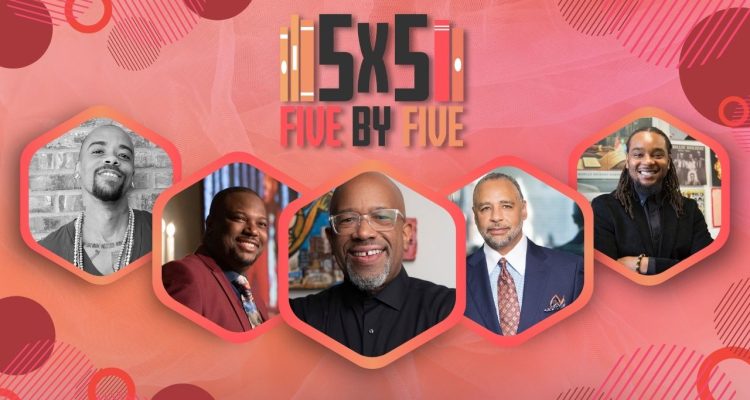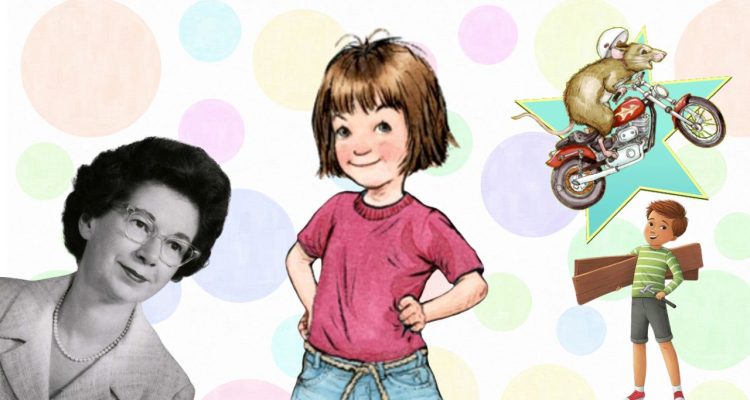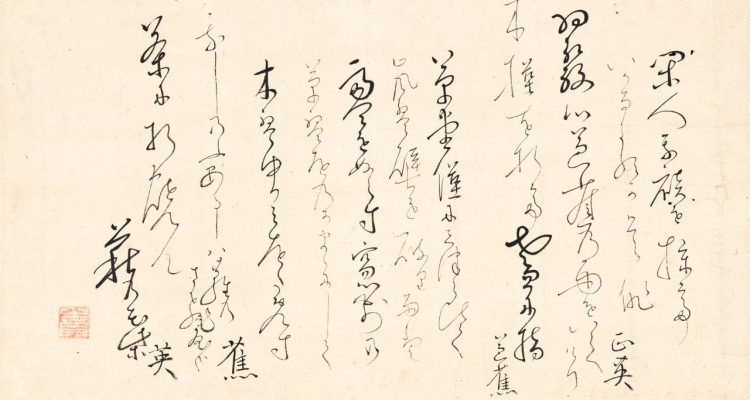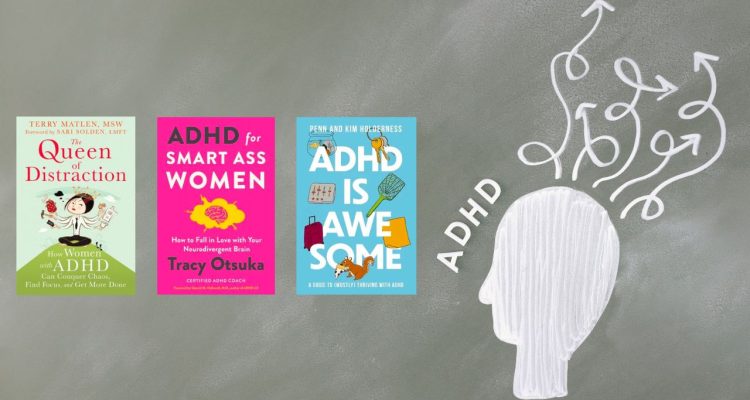Thomas Stearns Eliot was an American-born writer known for his poetry and plays, and he was considered a figure in English Modernist poetry. His most notable poems, which garnered him the most attention, were “The Love Song of J. Alfred Prufrock” (1915), “The Waste Land” (1922), “Ash Wednesday” (1930), and Four Quartets (1943). He was also known for several plays, particularly “Murder in the Cathedral” (1935) and “The Cocktail Party” (1949).
Known for his complex poetical style and his ability to capture the disillusionment of “The Lost Generation” of World War I, T. S. Eliot made major contributions to the Modernist era of poetry. Because of this, Eliot was awarded the 1948 Nobel Prize in Literature, “for his outstanding, pioneer contribution to present-day poetry.”
Many literary critics over the years have argued about whether or not T. S. Eliot was antisemitic, with Anthony Julius’ book T. S. Eliot, Anti-Semitism and Literary Form reigniting the conversation in 1995 and Ronald Schuchard attempting to defend Eliot in 1999, calling him a “philo-Semite.” However, looking at the evidence within Eliot’s poetry and within his own life, it is discernible that Eliot was antisemitic, even if he wasn’t overtly so.

Poetry and Prejudice
As Julius points out in his book, much of Eliot’s antisemitism can be seen in his earlier works published in 1920, as well as one poem that was published after his death. These culpable poems include “Burbank with a Baedeker: Bleistein with a Cigar,” “Gerontion,” “Sweeney Among the Nightingales,” “A Cooking Egg,” and the posthumously published “Dirge.” The poems “Burbank” and “Gerontion” are the most explicit in their antisemitism, with “Burbank” painting an offensive caricature of a Jewish man named “Bleistein,” and “Gerontion” perpetuating the stereotype of Jewish people as slumlords, “My house is a decayed house, / And the jew squats on the window sill, the owner.”

After these initial poems, however, Jewish people and their stereotypes stopped showing up in Eliot’s poetry. In fact, in a time of great tragedy for the Jewish population during World War II, Eliot’s work was disturbingly quiet about anything to do with the Jews, and as George Bornstein explains, “that [Eliot’s] work proceeds as though current historical events never happened to actual Jews.” The few times Eliot does mention the Jewish people during WWII is in a series of lectures at the University of Virginia (later collected into a book titled After Strange Gods) in which Eliot sketches his ideal society, saying:
The population should be homogeneous; where two or more cultures exist in the same place they are likely either to be fiercely self-conscious or both to become adulterate. What is still more important is unity of religious background; and reasons of race and religion combine to make any large number of free-thinking Jews undesirable.
-T. S. Eliot
Much of his work post-antisemitism, therefore, is more indifferent to the suffering of the Jewish people during WWII. But this indifference can be just as harmful as blatant antisemitism as it makes an antisemite like T. S. Eliot seemingly harmless. This is, of course, why, as mentioned above, there are still those critics who believe Eliot to not be an antisemite and instead consider him a “philo-Semite.”

Backing the Wrong Horse
In an essay published by Ronald Schuchard in the January 2003 issue of “Modernism/Modernity,” Schuchard refutes the claim of Eliot’s bigotry by revealing a previously unknown stack of letters between Eliot and Horace Kallen, a Jewish-American professor at Harvard. These letters between Eliot and Kallen reveal Eliot’s involvement in helping Jewish refugees from Germany and Austria to re-settle in Britain and America.
But other critics, like Marjorie Perloff, are not buying it, stating, “Why wouldn’t Eliot be pleased and flattered by the fuss Kallen, obviously a man of independent means, made about him whenever he visited New York?” This new evidence doesn’t mean much and, in fact, shows how easily Eliot could tailor his antisemitism depending on what he had to gain from it. Anthony Julius even responds in an article published in the Guardian in 2003, explaining that to blatantly ignore the discrimination of Jewish people in Eliot’s work and life can be dangerous, especially when antisemitism is still a tremendous issue in today’s climate.
Instead, Julius suggests we as readers need to take a different approach when it comes to encountering literary giants who are also bigots, like T. S. Eliot. We need to take an adversarial approach, meaning that instead of ignoring the antisemitism in Eliot’s work, we need to acknowledge it and argue against it. In all, T. S. Eliot’s literary fame should not be used to conceal or deny his antiseminitism. Per Anthony Julius’ suggestion, we can still engage with his work today in mind of making sure that people recognize the author’s discriminatory undercurrents.
Read more about Awful Authors or about T. S. Eliot at Bookstr!















